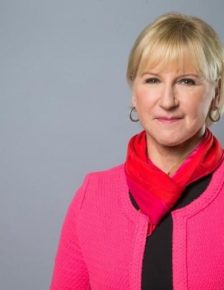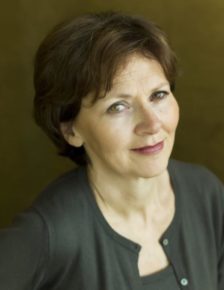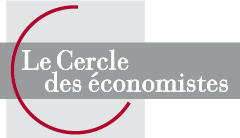Europe at the rendezvous of history
Overview
It would be easy to give in to the following shortcut: the values on which Europe is based have been shattered by the nationalist reflexes that the pandemic has exacerbated. There is no doubt that we have lacked solidarity, even though exchanges of health equipment and transfers of patients have crossed borders, even though the debate on public policy in Europe has taken on new terms – albeit timidly – and progress has been made, opening up the possibility of converging views on the subject of debt or recovery.
The relationship with democracy, so shaken in times of crisis, and the need for culture, in times of social distancing, have not vanished. Let us remember that the Enlightenment, as “the joint progress of morals and knowledge”, was at the heart of the idea of Europe in the 18th century.
This session will examine what this “progress” is and will be in a Europe that has no choice but to assert itself against the other powers, in a Europe called to reinvent itself following the most serious crisis that the contemporary world has experienced since the 1930s. As the philosopher Francis Wolff wrote, “Against these setbacks, universalist ideas must regain their mobilizing and critical power. Against the dictatorship of emotions and opinions, defend scientific reason. Against the empire of identities, re-found an ethic of equality and reciprocity”.
Speakers



-
Députée, Assemblée Nationale

-
Ancienne Ministre des Affaires Etrangères, Suède
Coordinator

Moderator













